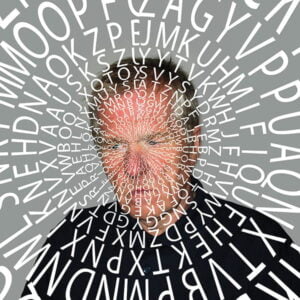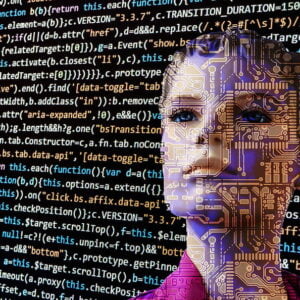By: Dr Carla Kesrouani
Categories:
Language in Psychology
Language is a complex and dynamic system of communication that enables humans to express their thoughts, feelings, and intentions. It can be spoken, written, signed, or gestured, and it can vary across different contexts, cultures, and domains. And It’s not only a tool for communication, but also a reflection of one’s identity, values, and worldview.
And it’s fundamental to human psychology, influencing how we think, relate to others and view the world. The very act of linguistic labeling shapes perception and cognition in significant ways.
Here are some key ways that it impacts the human psyche:
Language and Categorization

Language is constantly evolving and adapting to the changing needs and preferences of its users. It’s also a subject of study for various disciplines, such as linguistics, psychology, sociology, and education. So it’s a fascinating and powerful phenomenon that shapes our reality and influences our behavior.
Language affects how we categorize objects, people and events. Psychologists propose that:
- Words highlight certain features while downplaying others, directing attention in systematic ways.
- Linguistic categories determine what attributes seem important for distinguishing different ideas.
- Members of the same category appear more similar and members of different categories seem more distinct.
This suggests the language we speak channels thought by shaping how we intuitively group and organize information.
For example, having many words for colors may make speakers more aware of subtle differences between hues.
Language and Memory

Relationship between language and memory is not fully understood. Some researchers argue that it shapes memory by influencing how we perceive, organize, and recall events. Others suggest that memory constrains it by limiting the amount of information we can process and produce.
Linguistic labels provide organizational schemes that support and stabilize memory. Specifically:
- Naming objects seems to enhance later recall by establishing links to existing semantic networks.
- Retrieval cues gain potency when they match the verbal tags assigned during initial encoding.
- Mental representations of objects likely include their commonly used names, further aiding access.
The cognitive act of verbally coding information thus improves memory, showing language’s role in consolidating conscious experiences over time.
It remains that the relationship between language and memory is a close relationship through which they exchange mutual influence with each other.
Language and Reasoning

Language is a powerful tool for communication, but also for reasoning and problem-solving. It allows us to express our thoughts, feelings, and intentions, but also to manipulate, persuade, and deceive. It enables us to construct logical arguments, but also to commit logical fallacies. Language shapes our perception of reality, but also creates illusions and biases. It’s both a source of knowledge and a source of error.
They impacts reasoning by helping individuals:
- Represent abstract logical relations that cannot be directly perceived.
- Form mechanical rules for transforming representations according to symbols.
- Manipulate symbols according to rules while maintaining truth or validity.
Formal operations like propositional logic, deductive inference and mental model building all depend on linguistic capabilities for formulating and connecting mental representations.
Language thus serves as a tool for extending logical thought beyond the concrete and immediate.
In conclusion
Research reveals the powerful yet subtle ways language shapes psychological processes from an early age. By determining how we categorize, remember and reason, the very words we speak help form the intellectual frameworks through which we interpret experience. What we talk and think clearly share a bidirectional relationship: language both reflects and constructs the human mind. Studying this intricate interplay grants insight into cultural variation, cognitive development and what truly makes us human.
In order to stay informed of all new from our site, you can follow our pages on social media, such as our page on Facebook.


